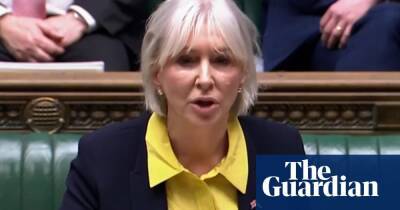Biden administration is keeping a close eye on private equity and other 'alternative' investments
The Biden administration is lending a more cautious eye to private equity and other «alternative» investments like hedge funds.
The U.S. Securities and Exchange Commission and U.S. Department of Labor have taken steps in recent weeks to boost transparency for investors and rein in the pool of retirement savers who can buy private equity.
Private equity refers to investment in an entity that isn't publicly traded (unlike stock in companies such as Apple and Microsoft, which is available on a public exchange).
The investment category is generally off-limits to anyone who isn't an «accredited» investor — someone deemed to have a minimum level of income, wealth or expertise to participate. (Retirement plans pose a slightly different dynamic; in this context, the employer acts as a gatekeeper that can choose to make private equity available to its workers.)
«The Biden administration, through various agencies, is taking a deliberate look at the potential impacts of the private equity market, especially on retail and retirement investors,» said Dylan Bruce, financial services counsel for the Consumer Federation of America, an advocacy group.
The SEC on Feb. 9 proposed a multi-pronged rule to increase transparency, by requiring private-equity funds to issue quarterly statements detailing fees and performance, among other things.
It would also limit the preferential treatment some investors get, such as additional disclosures that may have a «material negative effect» on other investors, according to the SEC. It would also require an annual audit of private funds and prohibit funds from engaging in certain conflicts of interest.
Separately, the Labor Department published a notice on Dec. 21 designed to limit the scope of Trump
Read more on cnbc.com

 cnbc.com
cnbc.com
















